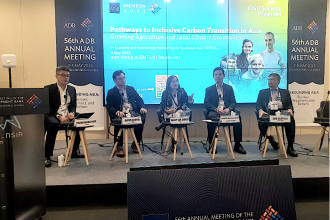The Partnership for Economic Policy (PEP) has launched a new call for applications for the Africa Fellows in Education Program 2023/2024.
This initiative aims to build a group of African-based leaders capable of developing evidence and shaping educational policies that are relevant to their countries.
The program enables the fellows to participate in a two-year research and policy development fellowship that introduces them both to relevant research and analytical experiences and to international networks of researchers and policy advisers.






